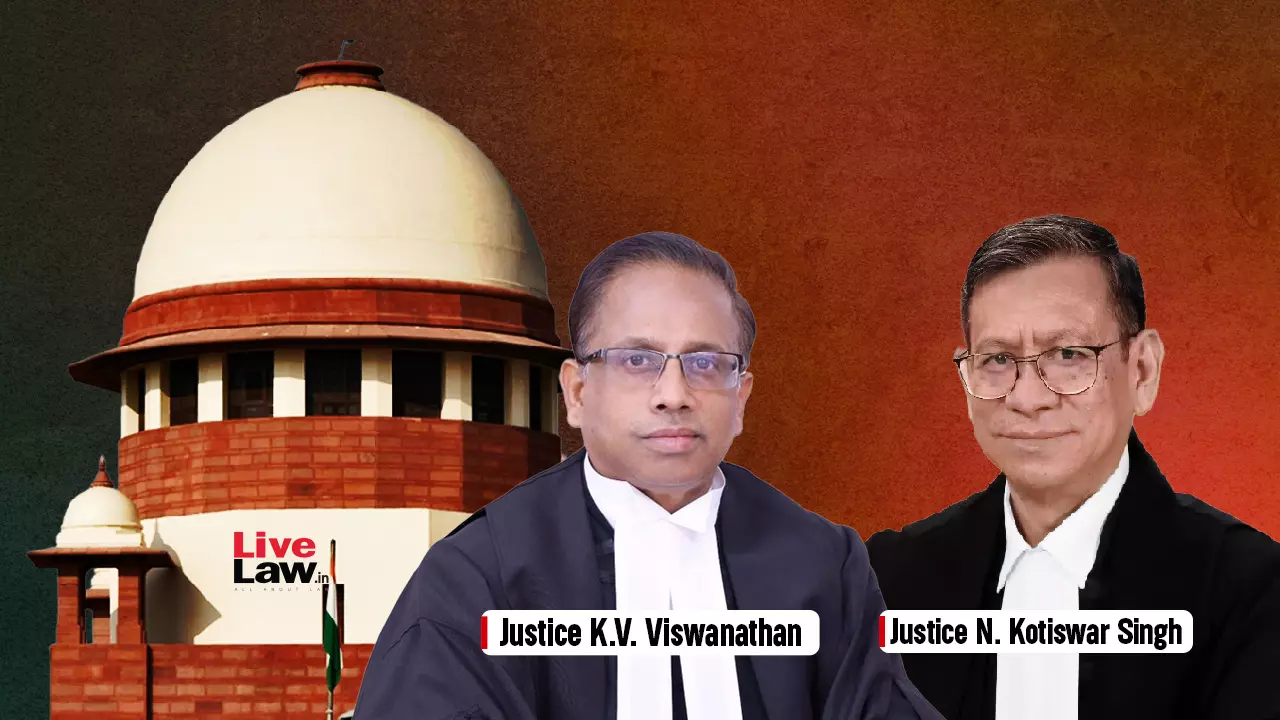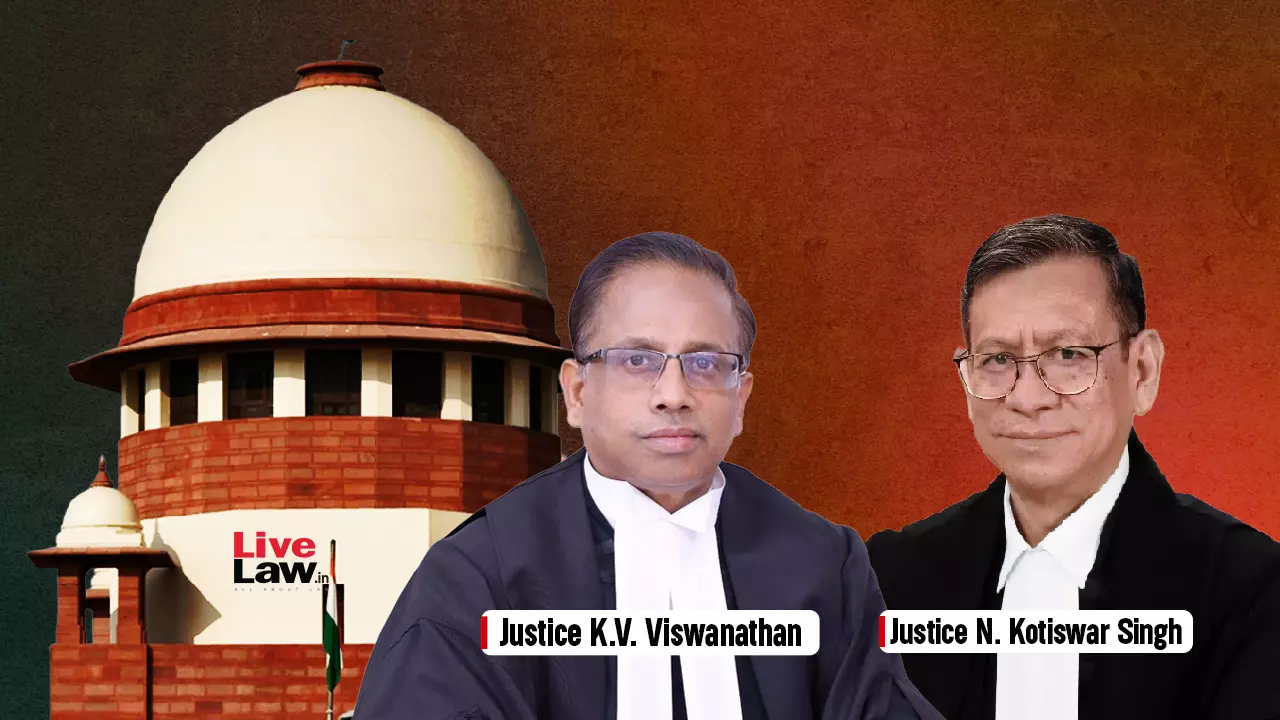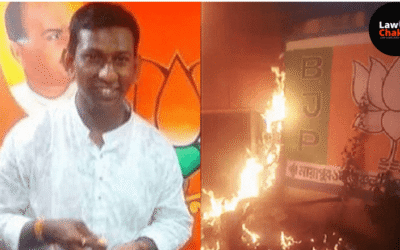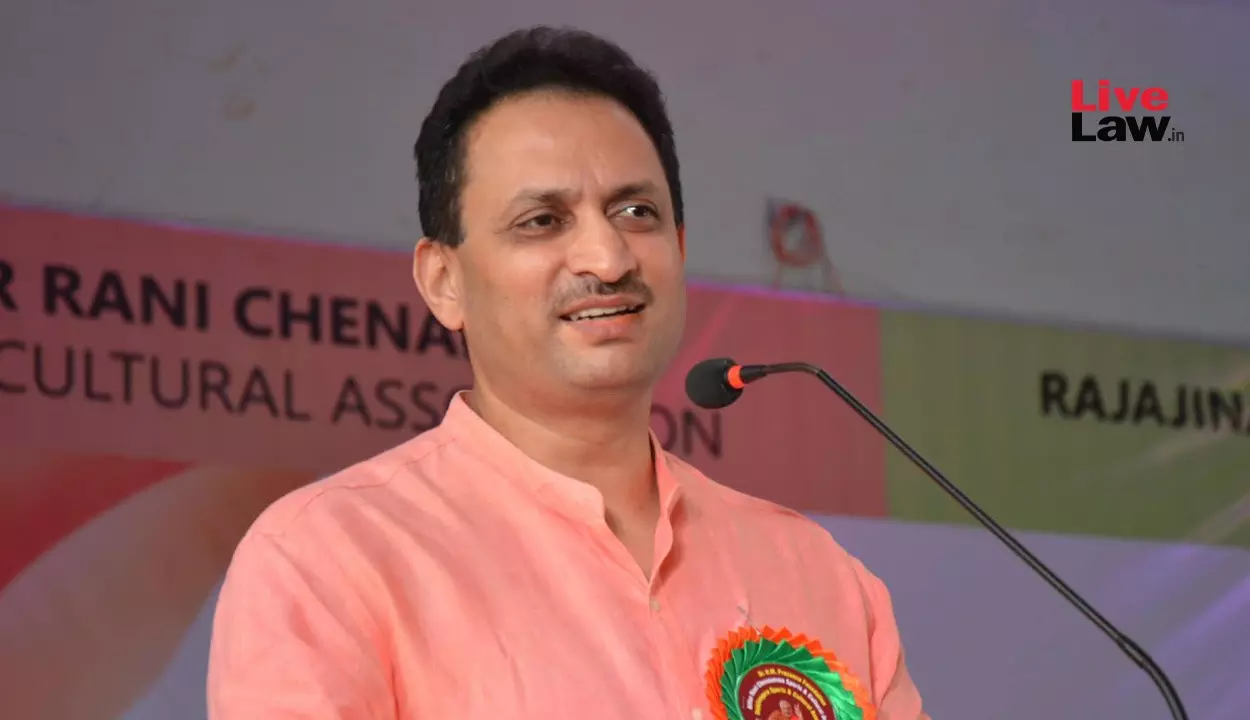If ‘Pankaj Bansal’ Can’t Apply Retrospectively, How Arrest Was Quashed In That Case? Asks Supreme Court In Karnataka’s Plea


The Supreme Court today (June 26) issued notice in a Special Leave Petition filed by the State of Karnataka raising the issue whether the judgment in Pankaj Bansal v. Union of India, which held that the Directorate of Enforcement (ED) must furnish grounds of arrest to the accused in writing, has retrospective application and whether it applies to offences under the Indian Penal Code.
The bench of Justice KV Viswanathan and Justice NK Singh, while hearing the matter for admission, observed that the outcome of the case Mihir Rajesh Shah v. The State of Maharashtra, in which judgment was reserved by the Supreme Court in April, will address the issues raised in the present matter as well.
The State filed the petition challenging the decision dated 17.04.2025 rendered by the Karnataka High Court quashing the arrest of a person for the offence of murder since the grounds of arrest were not served on him. The High Court applied the judgment in Pankaj Bansal.
The State has argued that Pankaj Bansal judgment, delivered on October 3, 2023, cannot apply to arrests made prior to the said date. Senior Advocate Siddharth Luthra, for the State, cited the following excerpt from Pankaj Bansal to urge that the judgment itself held that it shall apply prospectively.
“It would be necessary, henceforth, that a copy of such written grounds of arrest is furnished to the arrested person as a matter of course and without exception.”
During the hearing today, Justice Viswanathan verbally expressed his doubts over the State’s stand that Bansal cannot be applied retrospectively. He explained that in Bansal, the Supreme Court had quashed the arrest, which indicates its retrospective application. The word ‘henceforth’ is used only in the sense of a warning, Justice Viswanathan said, adding that a judgment cannot be interpreted like a ‘Euclid’s theorem’.
” If ‘henceforth’ means that the decision has to be given prospectivity, how did they strike down arrest in Bansal? “Henceforth” can only mean its a warning to you, wherever the court requires it will inquire the grounds of arrest have been…”
Justice Viswanathan also suggested that the matter can wait for the decision in Mihir Rajesh Shah v. The State of Maharashtra
He said that the decision in Mihir Shah may give more clarity on the issue, including the aspect of whether the person can be re-arrested.
Luthra, in its argument, has also relied on the Supreme Court’s decision in Ram Kishor Arora v. Enforcement Directorate, where it was held that the Pankaj Bansal judgment does not apply retrospectively.
He further added that the present impugned decision may have a bearing on several cases which are pending before the High Courts. The bench however expressed disinclination to accept Luthra’s request to clarify that the High Court judgment will not apply as a precedent.
Considering the above, the bench passed the following order :
“Our attention has also been drawn to the order dated 22.4.2025 passed in SLP(Crl) No. 17132/2024, reserving the order…. The outcome of the judgment will have a bearing on finally deciding this matter.
“Mr Sidharth Luthra, Ld Sr Advocate, draws our attention to the fact that a large number of cases are pending before the High Court, where it is likely that the impugned order will be cited as a precedent. In view of the urgency involved, list the matter on 18th July.”
Background
The respondent-accused was arrested in March, 2023 pursuant to an FIR registered under Sections 302 and 201 of the IPC. As per claims, the reasons for arrest and the arrest memo were served on him. He was remanded to judicial custody on 03.03.2023 and the chargesheet was filed on 13.04.2023. In March, 2025, the respondent filed a petition before the High Court for quashing of the remand order. Vide the impugned judgment, the High Court quashed the remand order and directed release of the petitioner from custody, subject to conditions.
The High Court opined that the respondent was not disclosed with any worthwhile particulars, “as soon as may be”, upon his arrest, much less to the satisfaction of the requirement of “communication in writing”, as observed in judgments pronounced subsequent to his arrest, including Prabir Purkayastha v. State (NCT) of Delhi and Vihaan Kumar v. State of Haryana.
Further, it distinguished Ram Kishor Arora’s case on the basis that the judgment therein was in the context of a PMLA arrest, whereas in the present case, the respondent was arrested for offenses under the IPC. “Although, non-service of grounds of arrest is construed to be mere procedural aberration, the same is now, more recently, in light of Vihaan Kumar (supra), interpreted to be a material irregularity, which cannot be made good at a later stage by filing of the chargesheet.
Any violation of procedural fairness, more particularly, the entrenched Fundamental Rights, vitiates the arrest, thereby rendering continued incarceration of the petitioner to be in contravention of Articles 13(2), 21 and 22(1) of the Constitution”, the High Court stated.
Claiming that such an interpretation would open Pandora’s box and render multiple arrests illegal for non-supply of grounds of arrest, the State of Karnataka approached the Supreme Court.
Case Title: STATE OF KARNATAKA BY ARASIKERE TOWN POLICE STATION Versus HEMANTH DATTA @ HEMANTHA @ BABY AND ANR | SLP (Cal) 9295/2025





